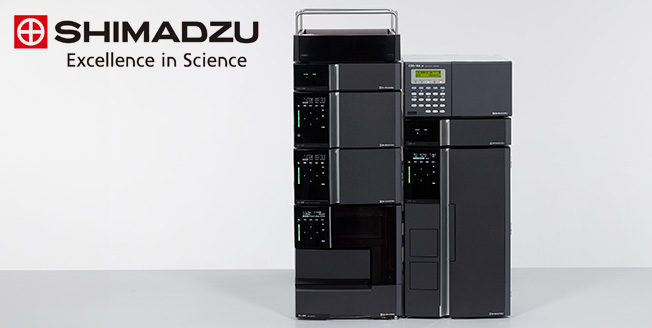
During fermentation yeast generates numerous chemical compounds including ethanol, carbon dioxide, aldehydes, alcohols, fatty acids and organic acids (mainly acetic, citric, formic, lactic, malic, succinic, and pyruvic acid), which can influence not only flavor (sour, bitter or salty), but also the pH of beer. Presence of these acids can also inhibit growth of some bacteria, helping to improve shelf-life of beer. Therefore, the control of organic acid content in beer is important.
Ion-exchange chromatography (IC) with gradient elution or ion-exclusion chromatography (IEC) used in isocratic mode are established methods for analysis of organic acids. The acidic eluent usually applied for IEC improves separation of organic acids, but the sensitive conductivity detection is affected by low-ionization grade of the analytes at low pH.
The IEC method used in this application news involves continuous addition of pH-buffering reagent after separation, to increase the pH level to close to neutral. This not only reduces background noise, but also dissociates organic acids from the substance being analyzed, enabling electrical conductivity detection of organic acids with high sensitivity and selectivity.





